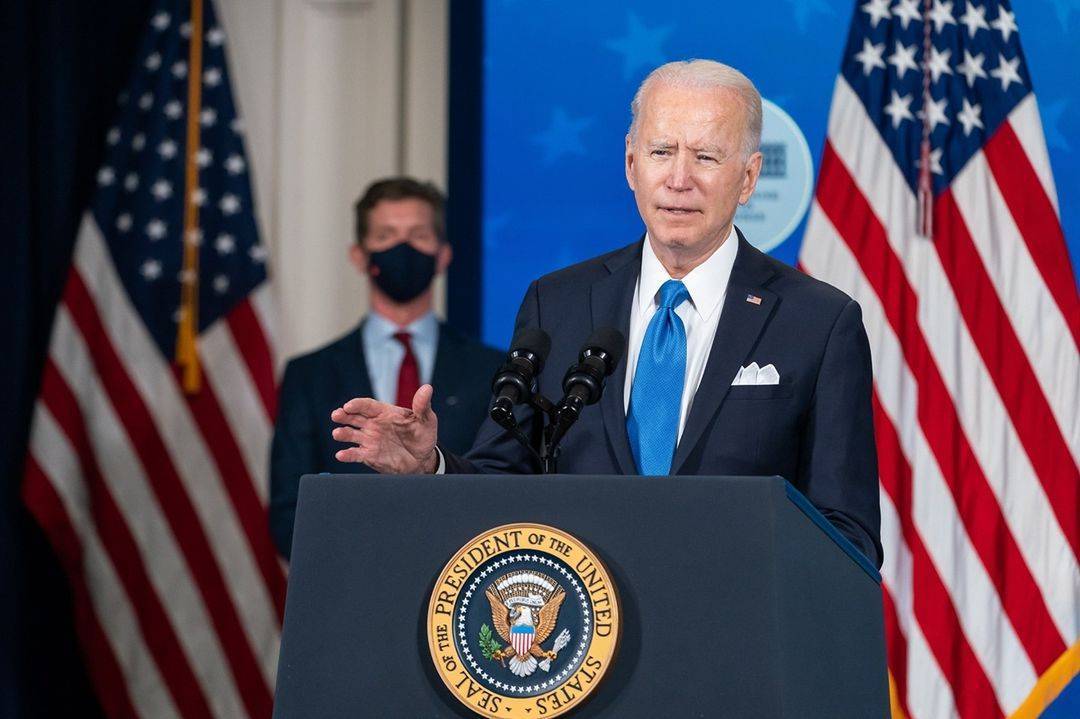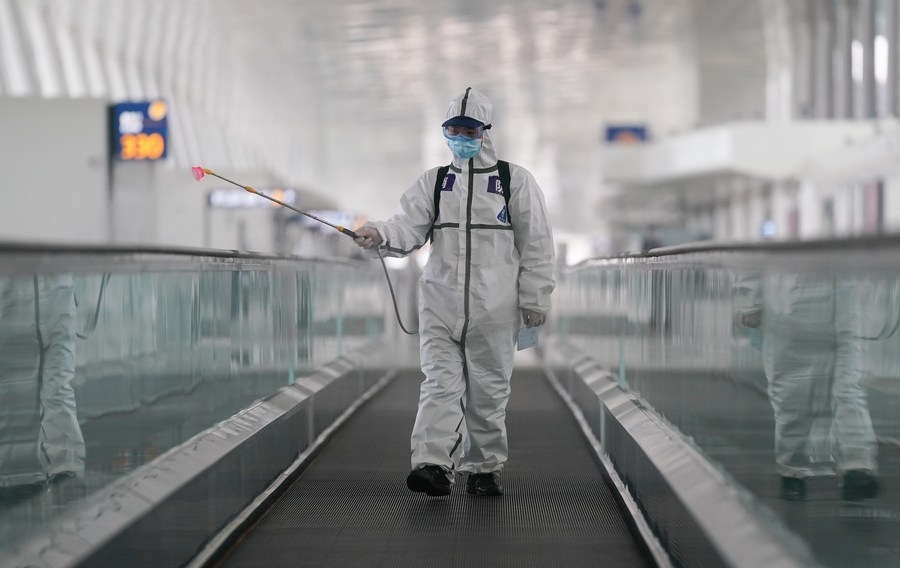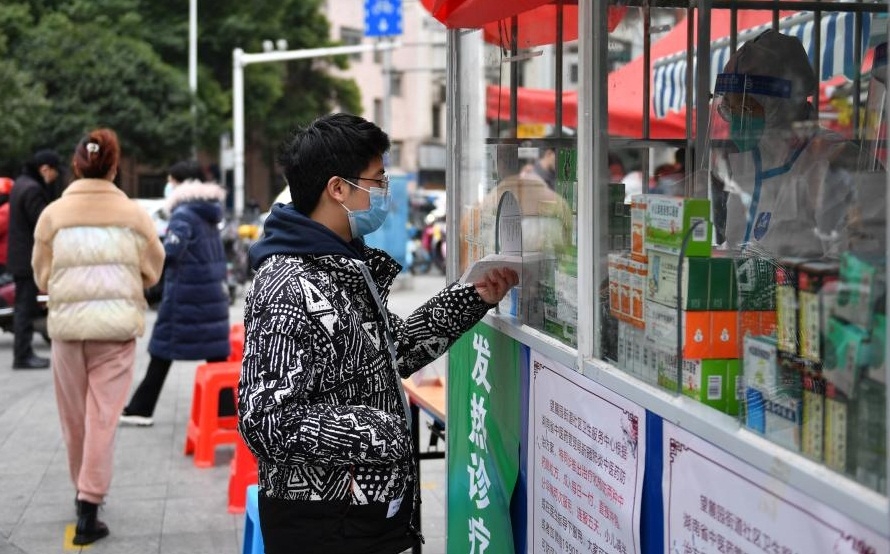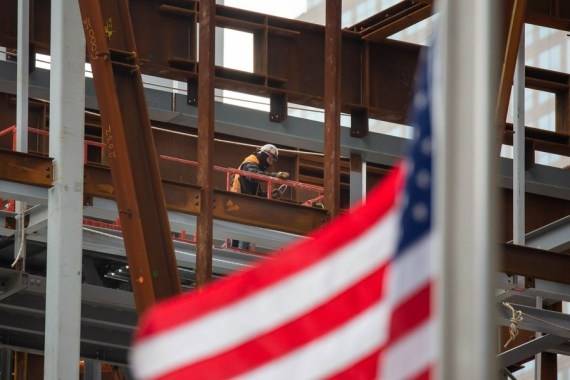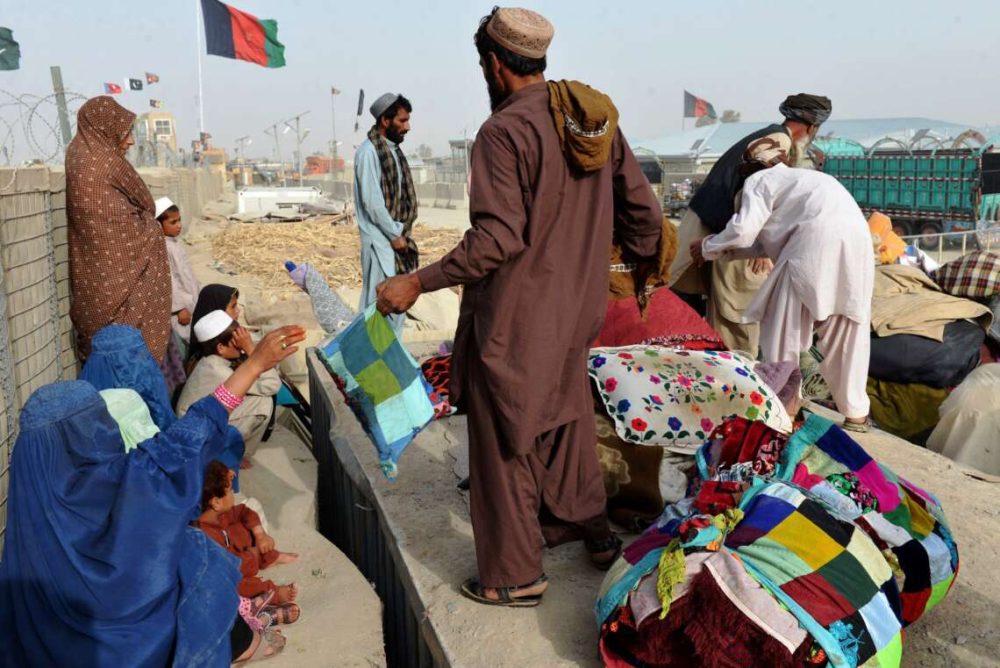The US has said it plans to share 80 million vaccine doses globally by the end of June, reports Asian Lite News
President Joe Biden plans to allocate 75% of unused Covid-19 vaccines through the UN-backed COVAX global vaccine sharing program, the White House announced on Thursday.
The White House unveiled the allocation for sharing the first 25 million doses with the world. The US has said it plans to share 80 million vaccine doses globally by the end of June. The administration says 25% will be kept in reserve for emergencies and for the US to share directly with allies and partners.
“As long as this pandemic is raging anywhere in the world, the American people will still be vulnerable,” Biden said in a statement. “And the United States is committed to bringing the same urgency to international vaccination efforts that we have demonstrated at home.”
Of the first tranche of 25 million doses, the White House says about 19 million will go to COVAX, with approximately 6 million for South and Central America, 7 million for Asia, and 5 million for Africa. The doses mark a substantial — and immediate — boost to the lagging COVAX effort, which to date has shared just 76 million doses with needy countries.
The remaining 6 million will be directed by the White House to U.S. allies and partners, including Mexico, Canada, and the Republic of Korea, West Bank and Gaza, Ukraine, Kosovo, Haiti, Georgia, Egypt, Jordan, Iraq, and Yemen, as well as for United Nations frontline workers.
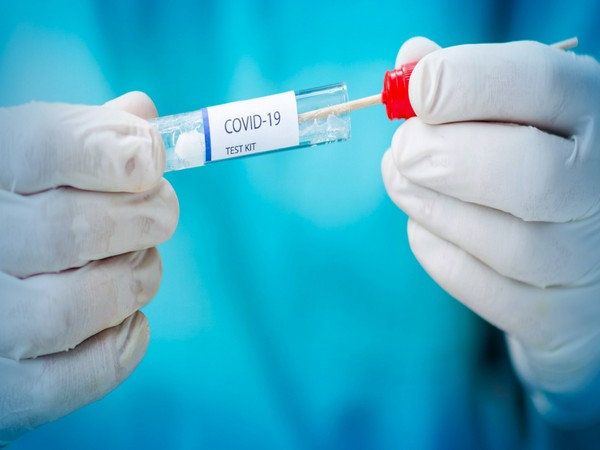
The growing US stockpile of COVID-19 vaccines is seen not only as a testament to American ingenuity, but also its global privilege. The long-awaited vaccine sharing plan comes as demand for shots in the US has dropped significantly as more than 63% of adults have received at least one dose, and as global inequities in supply have become more glaring.
Scores of countries have requested doses from the United States, but to date only Mexico and Canada have received a combined 4.5 million doses. The US also has announced plans to share enough shots with South Korea to vaccinate its 550,000 troops who serve alongside American service members on the peninsula.
Biden has committed to providing other nations with all 60 million domestically produced doses of the AstraZeneca vaccine. That vaccine has yet to be authorized for use in the US but is widely approved around the world. The US-produced doses will be available to ship as soon as they clear a safety review by the Food and Drug Administration.
The president also has promised to share 20 million doses from existing production of Pfizer, Moderna and Johnson & Johnson vaccine stocks. Even more doses are expected to be made available to share in the months ahead.
As part of its purchase agreements with drug manufacturers, the US controlled the initial production by its domestic manufacturers. Pfizer and Moderna are only now starting to export vaccines produced in the US to overseas customers. The US has hundreds of millions more doses on order, both of authorized and in-development vaccines.
The White House also announced Thursday that it is lifting restrictions on sharing vaccines produced by AstraZeneca, as well as Sanofi and Novavax, which are also not authorized in the US, allowing the companies to determine themselves where to share their doses.
ALSO READ: Queen to meet Biden on June 13


